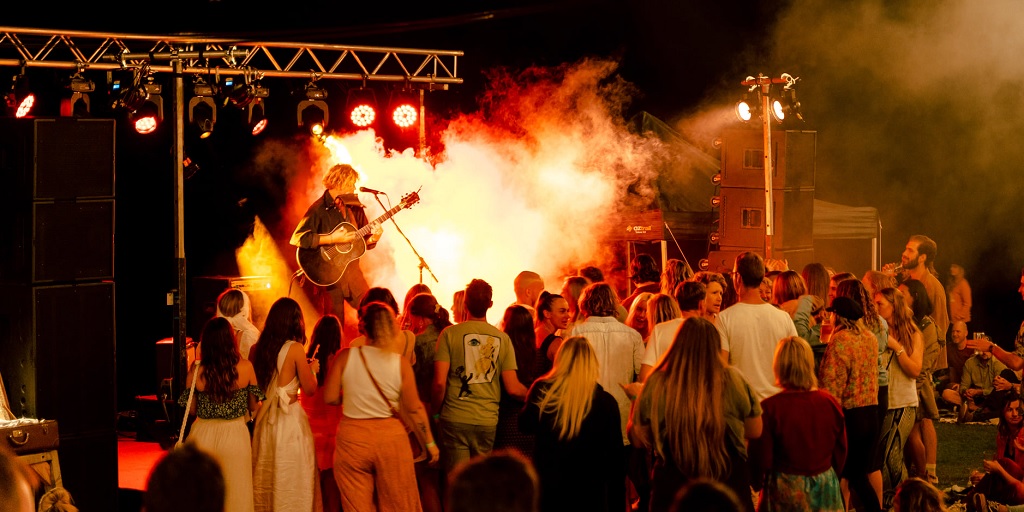WABA Panel: Creating a world-class brewpub June 2022
Previously an afterthought for breweries focused on wholesale, the brewpub has grown to be an essential part of a brewing business.
The growing prominence of the brewpub and the challenges faced by breweries operating as hospitality businesses was considered at a panel at the WA Brewers Association’s Beer & Brewing conference last week.
The panel line-up included Emma Locke, venue manager at Beerfarm, Lee Behan, head of hospitality at Gage Roads Brew Co., and Caroline Watson, group operations manager for hospitality at Lion.
“The main thing that differentiates brew pubs from a lot of other hospitality offerings is the product that we’re offering,” explained Locke.
”You’ve got a group of people that are putting so much passion into this product. It’s really our responsibility as the hospitality team to make sure that’s communicated to the public and communicated to everyone that comes through the tap room.
“It starts with the product and builds from there…you just really need to understand who you want to be.”
Craft breweries have traditionally been focused on the beer they brew, but there is an increasing focus on the hospitality aspect as brewpubs become important contributors to revenue to breweries as tap contracts lock the growing number of brewers out of other venues.
This of course encapsulates the beer itself – with a big focus on how and where you drink it and the educational experience behind that beer at the brewpub.
“It’s understanding hospitality but it’s also love of beer…it’s actually understanding what that beer is about, and showing that passion through,” explained Lion’s Caroline Watson.
“And as soon as you’ve got passion going for how you pour your beer to how it tastes, [it] flows through the hospitality side. So it actually goes arm in arm.”
But as brewpubs grow, this focus on detail, experience and education for staff has never been more important.
“Staff need to be really engaged and really understand what product they’re delivering to people,” explained Lee Brehen.
“They need to have a great knowledge of and a bit of a passion for it as well. [It always helps if] people are passionate about what they’re what they’re delivering.”
The bigger the better?
As breweries invest in more and bigger venues realising their importance to profit margins as well as to their relationships with their consumers, the management and consistency of the hospitality side can become challenging.
Lee Behan, head of hospitality at Gage Roads, said that while the basics of hospitality stay the same, there are some additional considerations the bigger you get.
“In a 1,500-people capacity, it’s difficult to be able to give, you know, a very intimate experience.
“But I think the basics are the same that you want to welcome people in, you want to give them an experience where they get to see your brand and get to feel it, whether that’s 1,500 people or 50.”
Behan did say that whatever the size of the brewpub there would be difficulties in delivering a good experience to consumers, which is rooted in trying to get the right people and create the right culture to be able to deliver that experience.

Beerfarm’s Emma Locke agreed.
“I think what’s really important from a brewpub perspective as well is just making sure that all of your different teams and departments are really integrated,” she suggested.
“So when you are doing staff training, making sure there’s always some of the brewing crew there, making sure those interdepartmental relationships are really strong, and just making sure that kind of the history and the culture of the business is communicated and staff training as well.”
But focusing on hospitality and brewpub operations also means that to cater to the broad audience attracted by those types of venues, breweries have to look at diversifying their offerings – both beverage and food.
“[What’s important is] being able to give people you know, multiple experiences through different styles of beers and other beverage offerings,” explained Gage Roads’ Brehan.
“I think it’s really important to kind of attract that broader demographic… food comes into play then as well. And you want to have a menu that’s quite diverse and big for different occasions…Being open to all those different different demographics and occasions is really important.”
The panel talks about all the above as well as hospitality skills shortages, training staff, attracting local audiences and visitors, and more.
Listen below to the full panel discussion from the WA Beer & Brewing Conference which is proudly brought to you by Bintani Australia.


